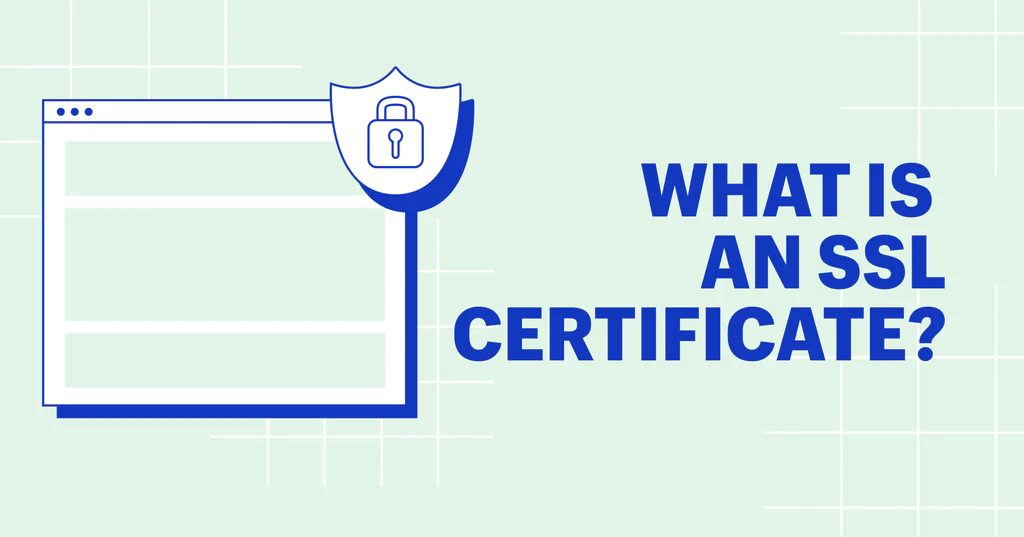Introduction: Understanding SSL Certificates
Security online is paramount. Enter SSL certificates—the bedrock of secure communication over the internet. Get SSL certificate has become a vital phrase for anyone seeking to fortify their website’s security? In this comprehensive guide, we’ll walk through the essentials of SSL certificates, answering key questions, and providing insights to assist you in navigating this crucial aspect of online security.
Why Secure Your Site?
Your website’s security is non-negotiable. A secure site builds trust, ensures data integrity, and shields sensitive information from prying eyes. Get SSL certificate today to fortify your site and instill confidence in your visitors.
Understanding SSL: Simplified
SSL (Secure Sockets Layer) establishes an encrypted link between a web server and a browser, ensuring all data passed remains private. This encryption safeguards sensitive information from being intercepted by malicious elements.
Types of SSL Certificates
There are various SSL certificate types—Domain Validation (DV), Organization Validation (OV), and Extended Validation (EV). Each offers distinct layers of validation and assurance, catering to different business needs.
Steps to Obtain an SSL Certificate
- Research: Identify the type of SSL certificate that aligns with your website’s requirements.
- Select a Provider: Choose a reputable SSL certificate provider to ensure reliability and support.
- Submit Documentation: Depending on the certificate type, complete the necessary paperwork or verification process.
- Installation: Once obtained, install the certificate on your web server for activation.
Benefits beyond Security
Aside from security, SSL certificates positively impact SEO rankings, bolstering your site’s visibility and credibility.
Impact on User Experience
A secure site translates to a better user experience. Visitors feel safer and are more likely to engage with your content, leading to increased conversions.
Common Misconceptions Debunked
Some myths surround SSL certificates—clarifying these misconceptions is crucial. For instance, SSL doesn’t slow down a website; in fact, it can enhance loading speeds.
Factors Affecting SSL Choice
Consideration of factors like encryption strength, browser compatibility, and warranty can influence your SSL certificate choice.Choose a reputable SSL certificate provider to ensure reliability and support.
Securing Multiple Domains
For websites hosting multiple domains, a Multi-Domain SSL Certificate offers a cost-effective and convenient solution.
Renewing Your SSL Certificate
Regularly renew your SSL certificate to ensure uninterrupted protection. Ignoring expiration dates could leave your site vulnerable.
Get SSL Certificate: FAQs
How long does it take to get an SSL certificate? The time to acquire an SSL certificate varies, ranging from minutes for DV certificates to several days for EV certificates, contingent on validation requirements.
Can I obtain an SSL certificate for free? Yes, certain providers offer DV SSL certificates free of charge. However, for more extensive validation and additional features, premium options might be necessary.
Does SSL affect website performance? SSL has a negligible impact on website performance. Modern SSL certificates are optimized to ensure minimal speed reduction.
What happens if I don’t have an SSL certificate? Without an SSL certificate, your website may display a “Not Secure” warning, leading to distrust among visitors and potential loss of traffic.
Can I transfer my SSL certificate between servers? Yes, you can transfer SSL certificates between servers, ensuring continuous protection during server migrations.
Are SSL certificates a one-time purchase? No, SSL certificates typically have a validity period, after which they require renewal to maintain security.
Also Read : MagazineValley.com
Conclusion: Empower Your Website’s Security
Securing your website is a non-negotiable aspect of an online presence. Get SSL certificate today to fortify your site’s security, enhance user trust, and bolster your online credibility.

